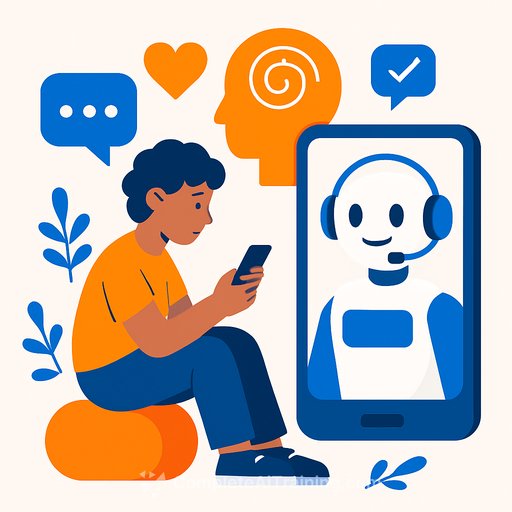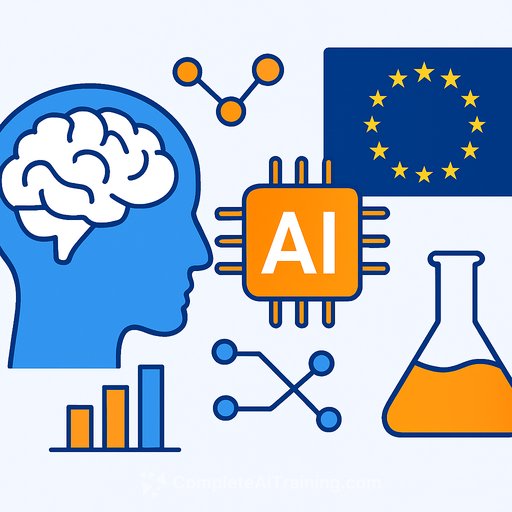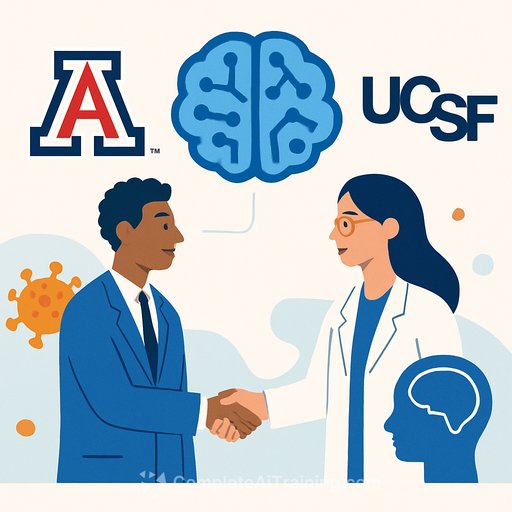Exploring the Impact of AI Friends on Young People's Mental Health
AI friends, virtual companions powered by artificial intelligence, have moved from the pages of science fiction to reality. These chatbots are designed not just for practical tasks but to simulate friendship and even romance. Millions worldwide engage with these AI companions, yet their effects on mental health remain largely unknown.
A doctoral student in Interaction Design at the Department of Computer Science and Engineering is investigating how relationships with AI friends might influence the mental well-being of young people. The research focuses on whether long-term interactions with AI chatbots improve or harm users’ mental health.
Learning from Social Media’s Impact
Research has revealed social media’s negative effects on youth mental health. The concern is whether AI chatbots could create similar challenges. The goal is to anticipate potential risks early, enabling policymakers to take preventive action before problems arise.
Using Fiction to Understand the Future
The project begins with interviews of Swedish youths aged 16–25 to gather insights on how they currently engage with AI friends. This primary data helps map out usage patterns in a largely unexplored area.
Alongside interviews, the researcher reviews existing studies and creates short fictional stories envisioning AI companions’ roles in near-future society. This method, known as Design Fiction, uses narrative scenarios grounded in research to explore possible outcomes and societal implications.
Fostering Dialogue Through Storytelling
An anthology of these design fiction stories will be compiled, including contributions from multiple researchers. This collection serves as a discussion tool in workshops with schools, preschools, municipalities, businesses, and other stakeholders.
Fiction offers a clear and engaging way to present complex ideas. By bringing diverse groups into the conversation, the research aims to capture different attitudes and concerns about AI companions before widespread adoption.
Informing Future Policy
The ultimate objective is to provide a knowledge base that supports legislation around AI chatbots. While AI friends can offer benefits—such as helping with social anxiety, preparing for job interviews, or reducing loneliness—there is also a need to understand and mitigate possible harms.
By anticipating both advantages and risks, policymakers can create guidelines that maximize positive outcomes while reducing negative impacts on mental health.
About the Research Project
This work focuses on applied information technology, examining how AI companions fit into and influence the daily lives of individuals and society. The emphasis is not on developing new AI technologies but on studying their social and psychological effects to guide responsible implementation.
For those interested in the intersection of AI and mental health, this project offers a forward-looking approach to understanding and shaping the use of AI friends.
Learn more about AI and its applications through Complete AI Training’s latest courses.
Your membership also unlocks:






